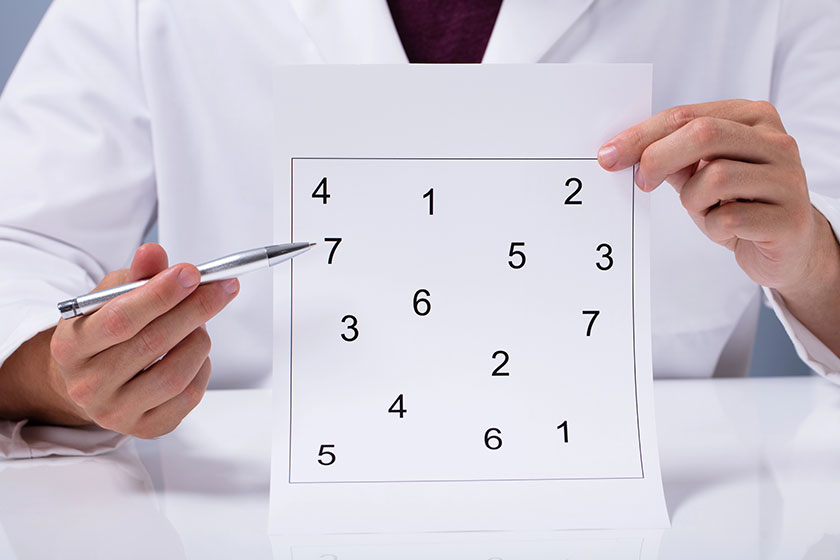If you’ve noticed changes in your loved one’s memory or behavior, you might wonder how to test for dementia. It’s important to approach this process with care and compassion, as the prospect of dementia can be a sensitive topic. Early detection is crucial, as it allows for timely intervention and support. Here’s how you can identify and test for potential signs of dementia in a straightforward and supportive manner.
Recognizing the Early Signs of Dementia
Before considering how to test for dementia, it’s helpful to be aware of the early signs that might indicate cognitive decline. While occasional forgetfulness is normal, significant changes in memory, thinking, and behavior may warrant further investigation.
Common early signs of dementia:
- Memory Loss: Frequently forgetting recent events or conversations.
- Difficulty with Tasks: Struggling to complete familiar activities.
- Confusion: Becoming disoriented about time, place, or people.
- Language Issues: Trouble finding the right words or following conversations.
- Changes in Mood: Experiencing significant mood swings or personality changes.
Testing for dementia typically involves a combination of observations, conversations, and medical evaluations. Here’s a step-by-step approach to help you navigate the process.
Observe Behavioral Changes
Pay close attention to any changes in your loved one’s behavior and daily routines. Note specific instances where they might have:
- Forgotten important dates or events.
- Repeated the same questions or stories.
- Struggled with familiar tasks, like managing finances or using household appliances.
- Shown changes in mood or social behavior.
Keeping a journal of these observations can be helpful when discussing concerns with healthcare professionals.
Schedule a Medical Evaluation
Encourage your loved one to schedule an appointment with their primary care physician. The doctor can conduct a preliminary evaluation and refer them to a specialist if needed. What to expect during the medical visit:
- History Review: The doctor will review medical history and discuss observed symptoms.
- Cognitive Tests: Simple tests to evaluate memory, problem-solving skills, and other cognitive functions.
- Physical Examination: To rule out other possible causes of cognitive changes, like vitamin deficiencies or thyroid issues.
Cognitive Testing
Cognitive tests are designed to assess various aspects of brain function. These tests can provide valuable information about the extent and nature of cognitive impairment. Common cognitive tests include:
- Mini-Mental State Examination (MMSE): Assesses memory, attention, language, and visual-spatial skills.
- Montreal Cognitive Assessment (MoCA): Tests more areas of cognitive function, including executive functions and abstract reasoning.
- Clock Drawing Test: Evaluates visuospatial abilities and executive function by having the individual draw a clock.
Undergo Brain Imaging
If initial tests suggest cognitive impairment, doctors may recommend brain imaging to get a clearer picture of what’s happening in the brain. Common imaging techniques include:
- MRI (Magnetic Resonance Imaging): Provides detailed images of brain structures.
- CT Scan (Computed Tomography): Helps detect abnormalities in brain structure.
- PET Scan (Positron Emission Tomography): Shows brain activity and can highlight patterns typical of certain types of dementia.
At our community, we understand that living with dementia can bring unique challenges. We are committed to providing a nurturing and supportive environment tailored to each resident’s needs. If you’re considering care options for a loved one, contact us and learn more about how our dementia care can support you and your family.







